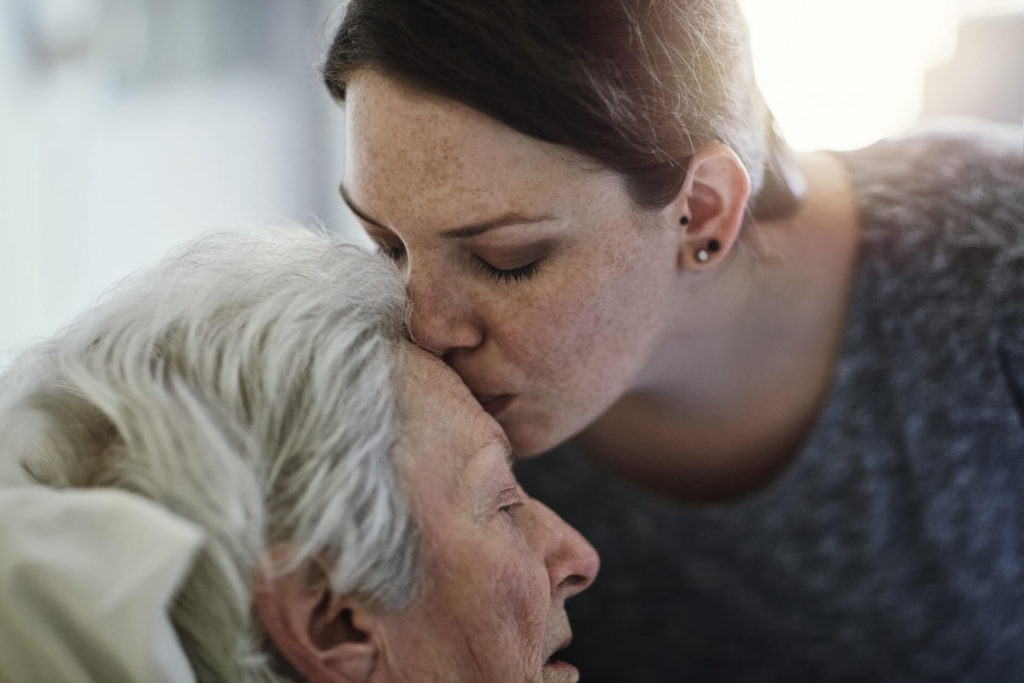How to File a Nursing Home Abuse Claim for a Family Member

One of the most difficult situations to be in the middle of is a nursing home abuse or neglect claim. For families, it is heartbreaking to see a loved one mistreated and difficult to process all of the legal requirements they must fulfill. In many cases, family members face certain roadblocks that prevent them from filing a civil case against a facility that caused their loved one’s injuries, typically because they do not have the legal authority to act on their loved one’s behalf.
Who Can File a Nursing Home Abuse Claim?
A nursing home abuse claim is a type of personal injury claim specifically filed against a nursing home that caused or allowed a resident to become injured. Because most residents have some type of medical condition or disability, they require round-the-clock care and attention. If they do not receive that care, or are mistreated by staff members, and suffer serious harm, those residents can pursue civil action against the facility to recover the costs of their injuries.
However, this is assuming that the resident has the mental capacity to file a claim on their own, but many, sadly, do not. Numerous individuals with Alzheimer’s are abused, neglected, and mistreated by staff members at nursing home facilities across the country. This is because they may not have memories of the abuse or have the ability to explain it to their loved ones or proper authorities. While a family member may be able to step in and pursue criminal charges against the offender, filing a personal injury claim is another matter.
In order to file a personal injury claim, either the resident him/herself must pursue legal action or a legal representative must file it on their behalf. In the state of Nebraska, a legal representative can be assigned in two situations: through durable power of attorney or through a legal conservatorship.
Durable Power of Attorney
A document granting power of attorney means that a resident has assigned someone they trust to handle certain legal decisions for them. The state of Nebraska allows people to assign two different powers of attorney: durable and medical. Durable refers to all financial matters, including buying and selling property, while medical refers to a person’s healthcare decisions, such as treatment plans and end-of-life decisions.
If a nursing home resident assigned someone durable power of attorney, then that person could legally file a personal injury claim on the resident’s behalf if they were injured due to neglect or abuse. Durable power of attorney must be established while the resident is of sound mind, meaning he or she could fully understand the document they were signing and the legal consequences.
However, even if a resident did not assign a family member or someone they trusted with durable power of attorney, there is still another option: legal conservatorship.
Legal Conservatorship
Conservatorship, like durable power of attorney, refers to when an adult is allowed to make financial decisions on behalf of someone else, typically a dependent or children, but it can also be established over another adult. It differs from guardianship, which refers to personal decisions made for another person, such as medical decisions, where they live, and education. While you can be granted both guardianship and conservatorship in Nebraska, conservatorship is the main concern in a nursing home abuse claim.
In order to be granted conservatorship, you will need to petition a Nebraska district court. You may have to undergo a criminal background check, credit report, and a court hearing to plead your case before a judge. If your case is based on the need to file a civil claim for nursing home abuse on behalf of a loved one, the court may be more willing to grant conservatorship. However, this process is long and complex, and you should speak to an attorney first.
At Bottlinger Law L.L.C., our legal team has experience in both personal injury and contract law. Our Omaha personal injury attorney can explain all of your options in a free case evaluation and walk you through the process of getting your loved one compensation for his or her injuries. We are diligent advocates for injured nursing home residents and will not rest until we hold the facility that harmed your loved one responsible. Call our office at (402) 505-8234 to discuss your case.
Bottlinger Law
Consultation Form
Our legal team is ready to help. Please fill out the form below to set up a free consultation with the Bottlinger Law team.